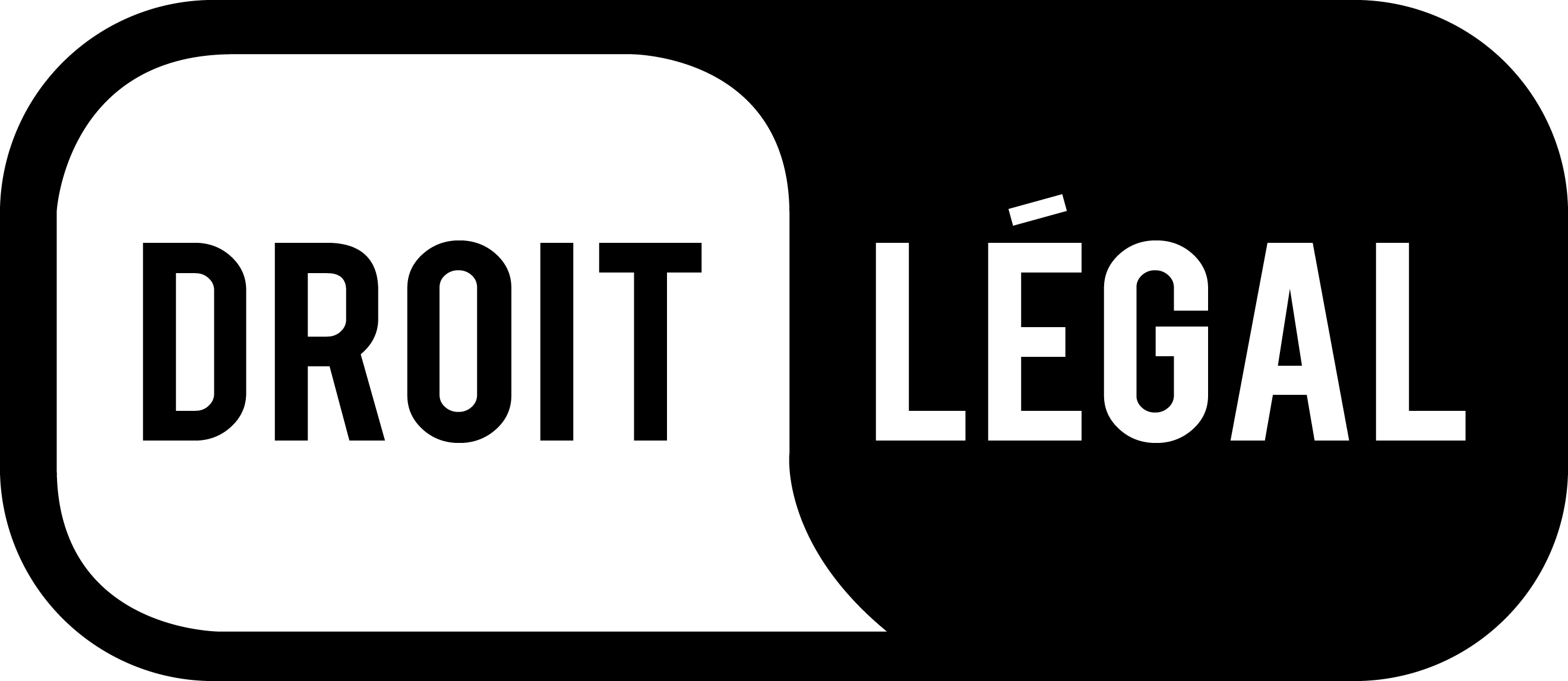
LEGAL GUARANTEES IN CONSUMER PROTECTION LAW
The consumer society is characterized by the presence of strong competition between product manufacturers. This means that certain products are marketed before they are perfect, sometimes to the detriment of their quality and durability. Other factors cause this drop in production quality, including planned obsolescence and the reduction in production costs.
To combat the economic inequality that exists between the merchant and the consumer, the vulnerability of the latter is compensated by protection in the presence of a defect in the quality or functioning of a good purchased. The Consumer Protection Act ( Lpc ) provides a quality guarantee with respect to this product. This guarantee is free and comes automatically with the purchase of the good.
It is provided that the property must be used for the use for which it is normally intended 1 . In one case, a tablet computer that did not charge properly was found not to meet this requirement 2 . Also, the good must be able to be used for normal use for a reasonable period 3 . Three criteria are used to establish the reasonable duration, in this case the price, the conditions of use of the property and the provisions of the contract. 4 For example, a television that no longer works five and a half years after purchase, for which the price paid is $3,188.34 (including an additional warranty), was the subject of a claim with the Division des claims and the plaintiff was awarded $500 for the cost of repairing the property. In this case, the Court ruled that a television of this price did not have the expected reasonable durability referred to in the Lpc 5 . Each case is unique and the decision will depend on the particular circumstances of the context.
The recourse based on an obligation of quality provided for in the CPA can be used against the manufacturer by a subsequent consumer purchaser of the good. 6 For example, a lawsuit was granted regarding a used computer purchased from the initial owner for $100 by a second consumer. The computer stopped working a few days after the sale. 7
It is also required by the Lpc that spare parts and repair services be available for a reasonable period of time 8 .
In the presence of such defects, the consumer may request, as the case may be, the performance of the obligation or the authorization to have it performed at the merchant's or manufacturer's expense, the reduction of his own obligation, or the termination, the nullity or resolution of said contract. 9
Considering these aspects of the legal warranty, it must be considered when offering an additional warranty. Moreover, before offering such a guarantee, the Lpc requires that the merchant inform the consumer verbally and in writing of the existence and content of the legal guarantee. 10 Certainly, the additional guarantee can notably buy peace of mind. We can take as an example the "Apple Care" guarantee, offered by the company founded by Mr. Steve Jobs, said guarantee protecting an Apple-brand cell phone for two years following its acquisition, even against material breakage, under subject to a deductible to be paid. In addition, it is interesting to note that the conventional warranty (the one offered in the contract by the seller or the manufacturer) is not always as generous as the warranty offered by the Lpc ..
There are several options available to consumers with a warranty problem. The merchant or manufacturer should first be informed of the problem to give the latter the opportunity to repair the damage suffered. Then, the consumer can in particular try to negotiate with them, lodge a complaint with the Consumer Protection Office (OPC), have recourse to online mediation through the PARLe platform (inquire with the 'OPC) and/or file a legal claim. The consumer can also consult the OPC's website to find examples of decisions dealing with the legal warranty 11 or consult legal support organizations, such as 12 :
- The Reference Service of the Barreau du Québec;
- Legal Aid Offices;
- ACEF.
Me Anthony Daoust
----------------------------------------
1 Consumer Protection Act , CQLR, c. P-40.1, s. 37.
2 Foal c. GMM Equipment , 2015 QCCQ 2375.
3 CPA , s. 38.
4 Id.
5 Gelinas v. LG Electronics Canada , 2016 QCCQ 10263; Lpc ., art. 38.
6 CPA , s. 54 par.2.
7 Chamberland v. Falardeau , 2013 QCCQ 331.
8 CPA , s. 39.
9 CPA , s. 272; Civil Code of Quebec , art. 1611-1619-1621; ÉDUCALOI, “My rights as a consumer”, online: <https://educaloi.qc.ca/capsules/mes-droits-comme-consommateur/> (accessed April 8, 2022).
10 CPA , s. 228.1.
11 QUEBEC, “Warranties – Examples of judgments concerning legal warranties”, Office de la protection du consommateur, online:
< https://www.opc.gouv.qc.ca/consommateur/sujet/garantie/garanties/exemples-de-jugements-concernant-les-garanties-legales/ > (consulted on April 8 , 2022).
12 “Solving a problem with a merchant – Steps to follow”, Consumer Protection Office, online: < https://www.opc.gouv.qc.ca/consommateur/regler-probleme/soutien-juridique/ > (accessed April 8, 2022).
